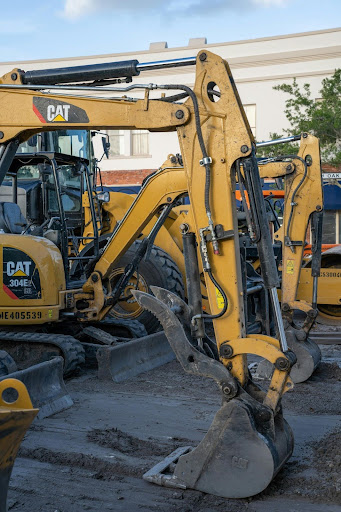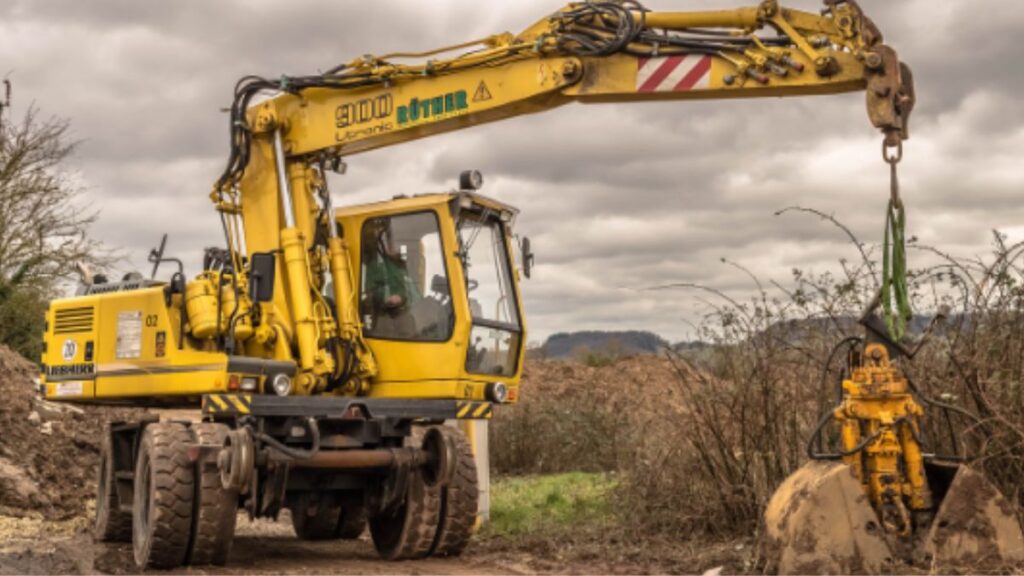Excavation projects are crucial components of many construction jobs, from large-scale road systems to residential developments. The complexity and scale of excavation work can make project planning and execution challenging. Poorly managed excavation can lead to delays, increased costs, and safety risks. By implementing essential tips and strategies, teams can enhance efficiency and ensure that project goals are met on time and within budget. Here are several practical approaches to help streamline the planning and execution of excavation projects effectively.
Prioritize Thorough Site Assessments
Before commencing any excavation work, conducting a comprehensive site assessment is paramount. This involves evaluating the soil condition, existing infrastructure, and potential environmental impacts. Ground penetrating radar (GPR) and soil test borings are excellent tools for gathering data about subsurface conditions. Not only do these assessments reveal the type of soil and rock present, but they also help identify any problematic areas that may pose risks during excavation. Document findings and make adjustments to your excavation plan based on the assessment results. This extra layer of planning can mitigate unexpected complications that often arise during the excavation process.
Utilize Advanced Technology
The integration of technology into excavation projects can significantly improve efficiency and precision. For instance, the use of excavation software enables project managers to simulate the excavation process, assess different scenarios, and optimize the work plan before any physical work begins. Moreover, GPS technology assists in the accurate positioning of equipment and materials, ensuring that no time is wasted. In addition, incorporating telematics systems on machinery can monitor performance metrics in real time, enabling effective fleet management. Resources can be directed efficiently, leading to enhanced workflow and productivity across the project.
Implement Clear Communication Protocols
Communication is a cornerstone of any successful excavation project. Establishing clear channels of communication among all stakeholders—from engineers to contractors to equipment operators—ensures everyone is informed and aligned on project goals and timelines. Regular progress updates, stakeholder meetings, and shared project management tools foster collaboration and transparency. It’s essential to have contingency plans in place to address any unforeseen issues or emergencies. By ensuring everyone is on the same page, you can create a more responsive and adaptive work environment, helping to facilitate quick resolutions when problems arise.
Plan for Equipment Selection and Maintenance
Selecting the right equipment is essential for the success of any excavation project. Each machine must be tailored to the specific requirements, balancing efficiency with cost-effectiveness. Key factors to consider include the site’s size, the nature of the digging tasks, and project timelines. Volvo EC480 Excavators are ideal for heavy-duty excavation, you can rely on their exceptional power and productivity to handle demanding tasks efficiently.
Equally critical is maintaining the equipment to ensure smooth operation and prevent unexpected downtime. Regular inspections and servicing are vital to achieving optimal performance. Establish a maintenance schedule for Volvo EC480 Excavators based on the manufacturer’s recommendations. Also, adhere to it consistently to minimize delays and extend the lifespan of the machinery.
Adhere to Safety Regulations
Operating within the framework of local and national safety regulations is critical in excavation projects. Compliance ensures both the safety of workers on site and the protection of surrounding communities. Before starting work, conduct a safety briefing to train team members on the hazards associated with excavation work and the necessary precautions. It’s imperative to have safety equipment readily available, such as hard hats, reflective gear, and safety barriers to prevent accidents. Regular inspections of the site should be carried out to assess risks, promote best practices, and foster a culture of safety among the crew.
Develop a Realistic Timeline and Budget
Creating a detailed and realistic timeline for your excavation project can help keep the team focused and accountable. Break down every phase of the project, establishing clear milestones and deadlines. Additionally, communicate these timelines to all stakeholders to ensure accountability and prevent misunderstandings. From a budgeting perspective, ensure to factor in all associated costs, including labor, materials, equipment rentals, and contingencies. This comprehensive approach enables project managers to avoid unexpected expenses that could derail the project. If necessary, input all budgetary information into specialized project management software to keep everything organized and transparent.
Monitor Progress and Adjust Accordingly
Regularly monitoring the progress of your excavation project is vital to its success. Implement effective project management tools that allow for tracking progress against set milestones and deadlines. By remaining vigilant, managers can detect any signs of delays or problems before they escalate. Utilizing performance metrics assists in evaluating the efficiency of the excavation work. If certain areas are lagging, reassess and adjust plans as necessary, reallocating resources or adjusting timelines to maintain workflow. Flexibility and adaptability are crucial to ensuring the project remains on schedule and is completed successfully.

Leverage Training and Skill Development
Investing in the training and skill development of team members can greatly benefit excavation projects. Staff who are well-versed in the latest excavation techniques, technologies, and safety regulations can operate equipment more effectively, reducing downtime and improving overall productivity. Consider providing ongoing training programs, workshops, and seminars to enhance skill levels. Additionally, engaging experienced operators for mentorship can bridge the knowledge gap and empower less experienced team members.
Foster Relationships with Local Authorities
Effective communication and collaboration with local authorities can significantly streamline authorization processes and mitigate potential issues. Developing relationships with regulatory bodies and local governments can help ensure adherence to zoning laws, environmental regulations, and other legal provisions affecting the project. Early engagement with these authorities allows for smoother negotiations and clarifies requirements that may affect timelines and operations on-site. Prioritize open dialogues with stakeholders to preemptively address concerns that could otherwise derail the project.
Evaluate Outcomes and Gather Feedback
After project completion, it’s essential to evaluate the outcomes and gather feedback. Analyzing successes and challenges provides insights for future projects, allowing for continuous improvement. Hold debrief sessions with your team to discuss what worked well and what could be improved upon. Documenting lessons learned ensures that valuable insights are saved for future reference, establishing a culture of awareness and growth within the organization.
By following these tips to streamline your excavation project planning and execution, your team can achieve efficient, effective, and safe results. The right combination of technology, communication, training, and proactive planning creates a foundation for successful excavations—a vital aspect of any construction endeavor.







